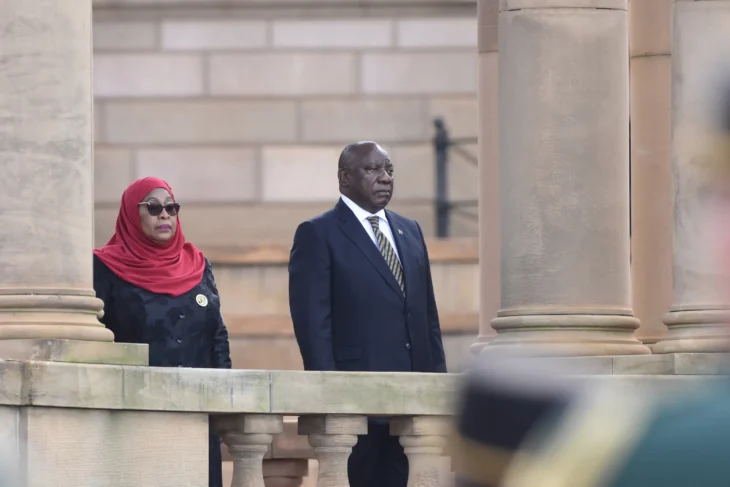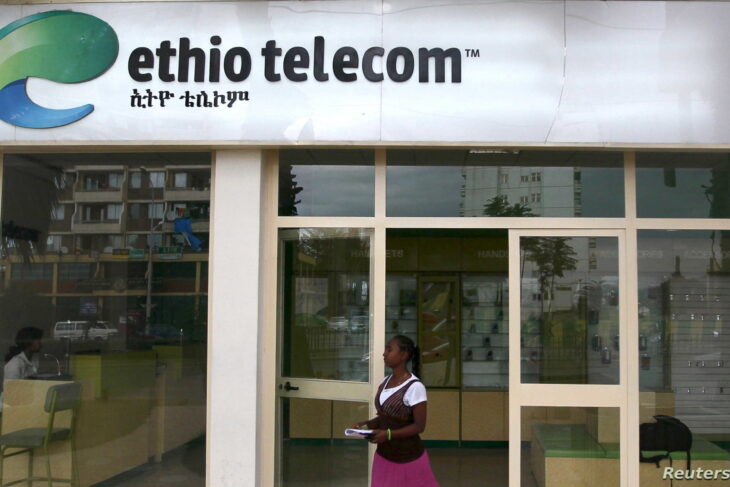Over the last two decades, China has established itself as Africa’s largest bilateral lender, helping bankroll key infrastructure projects on the continent.
But a new report by the Boston University’s GDP centre suggests Chinese credit to Africa may be drying up or at least slowing down.
In 2020, Beijing signed 11 new loan commitments worth $1.9 billion with African governments, down 77 percent from 2019 volumes, when Chinese lenders signed 32 loan agreements worth $8.2 billion.
The 2020 loan agreements were signed with Uganda, Ghana, DRC, Mozambique, Burkina Faso, Madagascar, Rwanda, Lesotho, and Afreximbank, a regional organization.

The Covid-19 pandemic appears to have affected China’s desire to lend, but also Africa’s appetite for debt.
There is also concern Beijing may be cutting the scope of the Belt and Road Initiative.
The centre’s Database estimates that Chinese financiers disbursed $160 billion in loans to African borrowers between 2000 and 2020 mostly to finance infrastructure.
Lending peaked in 2016 before dropping in subsequent years.
At the FOCAC ministerial meeting in Senegal last November, China said it was open to exploring alternative financing means such as Public-Private Partnerships (PPPs) and expanding Foreign Direct Investment (FDI).
Chinese FDI indeed went up in 2020.
But for African countries hungry for infrastructure, there’s no alternative to cheap, concessional loans provided by Beijing.
Oyintarelado Moses from the Boston University’s GDP centre joins the show with analysis on how Chinese lending is changing.
West Africa battles unlicensed foreign trawlers
Unregulated trawlers are taking advantage of poorly policed West African coastal waters to fish and pollute.
The practice costs countries over $2 billion a year.
The states are now trying to learn from Morocco, which successfully rid its waters of unregulated fishing boats.
Mobile Money growth fastest in Africa – Report
The value of Africa’s mobile money transactions ticked up 39% to $701billion in 2021 from $495 billion in 2020.
According to GSMA’s state of the industry report on Mobile Money, Africa now accounts for 70% of the world’s $1 trillion mobile money value.
But it warns that new tax regimes on the service in countries such as Uganda, Cameroon, and Ivory Coast could hurt its profitability and the ability to deepen financial inclusion.














